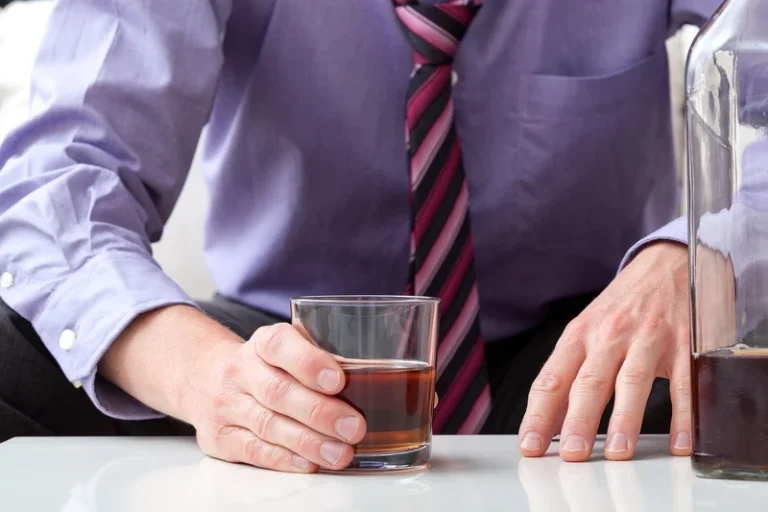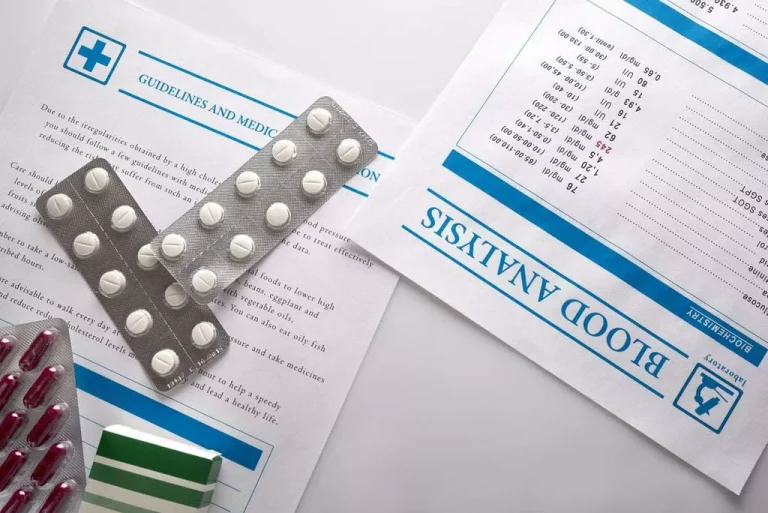Experts have tried to pinpoint factors like genetics, sex, race, or socioeconomics that may predispose someone to alcohol addiction. Psychological, genetic, and behavioral factors can all contribute to having the disease. Using alcohol during adolescence (from preteens to mid-20s) may affect brain development, making it more likely that they will be diagnosed with AUD later in life. However, most people with AUD—no matter their age or the severity of their alcohol problems—can benefit from treatment with behavioral health therapies, medications, or both.

Lifestyle and home remedies

This risk is especially high during alcohol intoxication because lowered sexual inhibition can make it difficult to withdraw in time. Alcohol is found in fermented beverages such as beer, wine, and distilled spirit[20] – in particular, rectified spirit,[21] and serves various purposes; it is used as a recreational drug, for example by college students, for self-medication, and in warfare. It is also frequently involved in alcohol-related crimes such as drunk driving, public intoxication, and underage drinking.
Late Middle Ages
If you’re worried that someone you know has an alcohol addiction, it’s best to approach them in a supportive way. This could push them away and make them more resistant to your help. Gender-related norms persist in our societies, alcoholism including in the consumption of alcohol.Despite knowing that men and women consume alcohol differently and… For more information on symptoms, causes, and treatment of alcohol use disorder see our Diagnosis Dictionary.
Medical Professionals
In more severe cases, people may also have seizures or hallucinations. Childhood trauma can fuel problematic drinking in adulthood, because the person might use alcohol to cope with feelings of anger, depression, anxiety, loneliness, or grief. Compared to people without a drinking problem, men and women who sought treatment for alcohol addiction had a higher prevalence of childhood trauma, research finds. Furthermore, the greater the abuse or neglect experienced, the more severe their drinking problem was.
Alcohol Addiction

This can create a cycle of dependence that is difficult to break without addressing the underlying mental health issue. Genetic, psychological, social and environmental factors can impact how drinking alcohol affects your body and behavior. Theories suggest that for certain people drinking has a different and stronger impact that can lead to alcohol use disorder. Unhealthy alcohol use includes any alcohol use that puts your health or safety at risk or causes other alcohol-related problems.
Coping and support
- Slips can be fueled by withdrawal symptoms, mental health challenges, and drug-related cues, such as spending time with old drinking partners or visiting old drinking locations.
- Primary alcohols can also undergo a dehydration reaction via an E2 mechanism, but with a much slower rate than secondary and tertiary alcohols.
- A third definition, behavioral in nature, defines alcoholism as a disorder in which alcohol assumes marked salience in the individual’s life and in which the individual experiences a loss of control over its desired use.
- Like many other substance use disorders, alcohol use disorder is a chronic and sometimes relapsing condition that reflects changes in the brain.
There are various short- and long-term health issues that can result from alcohol use disorder. According to the 2017 National Survey on Drug Use and Health (NSDUH), 51% of the population aged 12 and older reported binge drinking in the past month. Here’s some information to help you get ready for your appointment, and what to expect from your health care provider or mental health provider.
- You may need to seek treatment at an inpatient facility if your addiction to alcohol is severe.
- Alcohol consumption can have an impact not only on the incidence of diseases, injuries and other health conditions, but also on their outcomes and how these evolve over time.
- Just like some people have a greater risk of developing cardiovascular disease or cancer, others have a greater risk of developing an alcohol use disorder.
Can Taking a Pill Before Going Out Help Curb Binge Drinking?
A strong support system is helpful for making a complete recovery. Symptoms of alcohol use disorder are based on the behaviors and physical outcomes that occur as a result of alcohol addiction. Many people with alcohol use disorder hesitate to get treatment because they don’t recognize that they have a problem. An intervention from loved ones can help some people recognize and accept that they need professional help.
- Thus, the reactivity of phenols is different from normal alcohols, allowing them to participate in reactions that normal alcohols typically don’t.
- One size does not fit all and a treatment approach that may work for one person may not work for another.
- If you think you might have a problem with alcohol, call SAMHSA or talk to your healthcare provider.
- Moderate and severe withdrawal syndromes can include hallucinations, seizures, or delirium tremens; the latter two can be life-threatening.
- Delirium tremens is a condition that requires people with a long history of heavy drinking to undertake an alcohol detoxification regimen.
When is it common in society, it can be hard to tell the difference between someone who likes to have a few drinks now and then and someone with a real problem. The environment in which young people live, learn and play significantly affects their decisions aboutwhether to consume alcohol. This report provides an assessment of taxes applied to alcoholic beverages at the global level. WHO has long recommended marketing restrictions in the contexts of tobacco and nicotine products, alcoholic beverages, foods and beverages with respect… Harmful use of alcohol is accountable for 7.1% and 2.2% of the global burden of disease for males and females respectively. Alcohol is the leading risk factor for premature mortality and disability among those aged 15 to 49 years, accounting for 10% of all deaths in this age group.
The Healthline FindCare tool can provide options in your area if you need help finding a mental health specialist. The idea that altered forms of consciousness such as mania or alcohol can enhance creativity is a popular belief. Researchers found that participants who had a few drinks were better and faster at creative problem solving than their sober counterparts. The reason may be that alcohol tamps down working memory and therefore sparks people to think outside the box. If you drink more alcohol than that, consider cutting back or quitting. Your treatment setting will depend on your stage of recovery and the severity of your illness.
